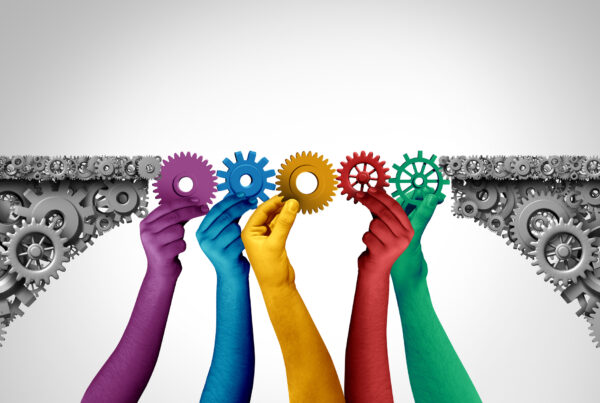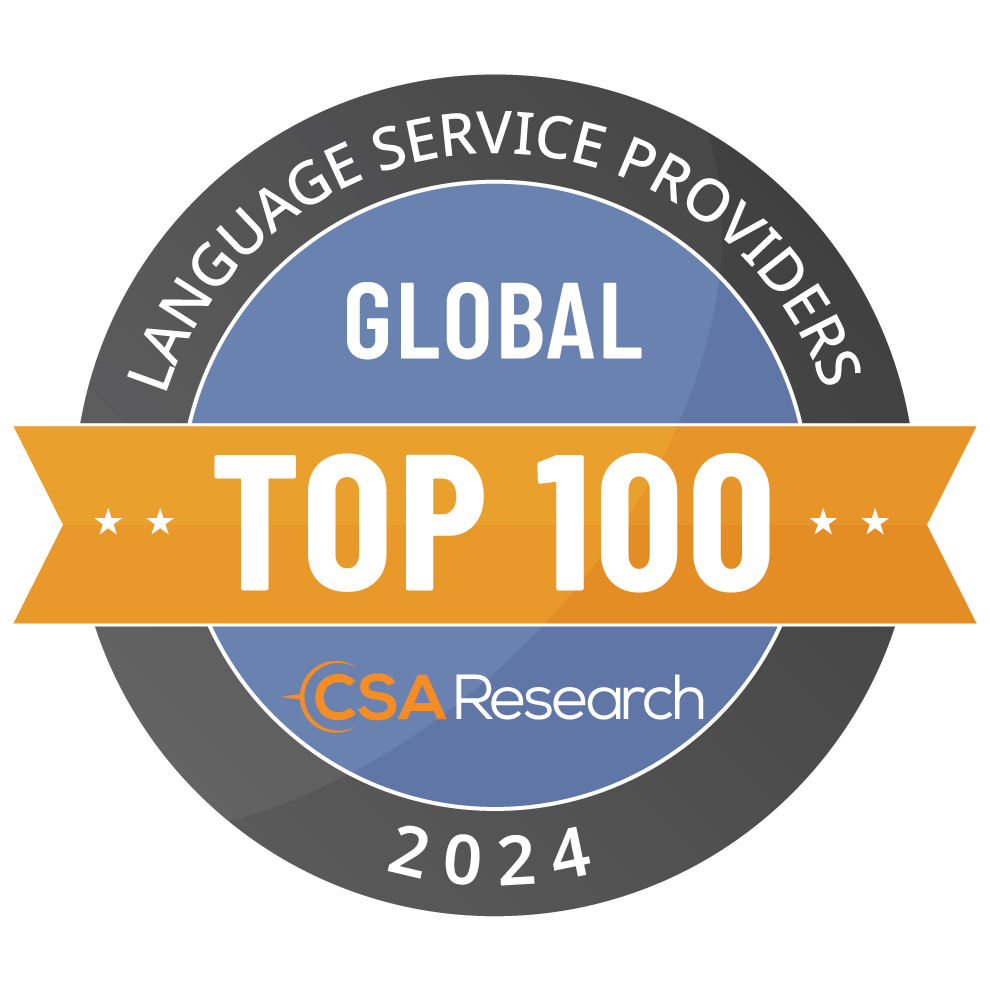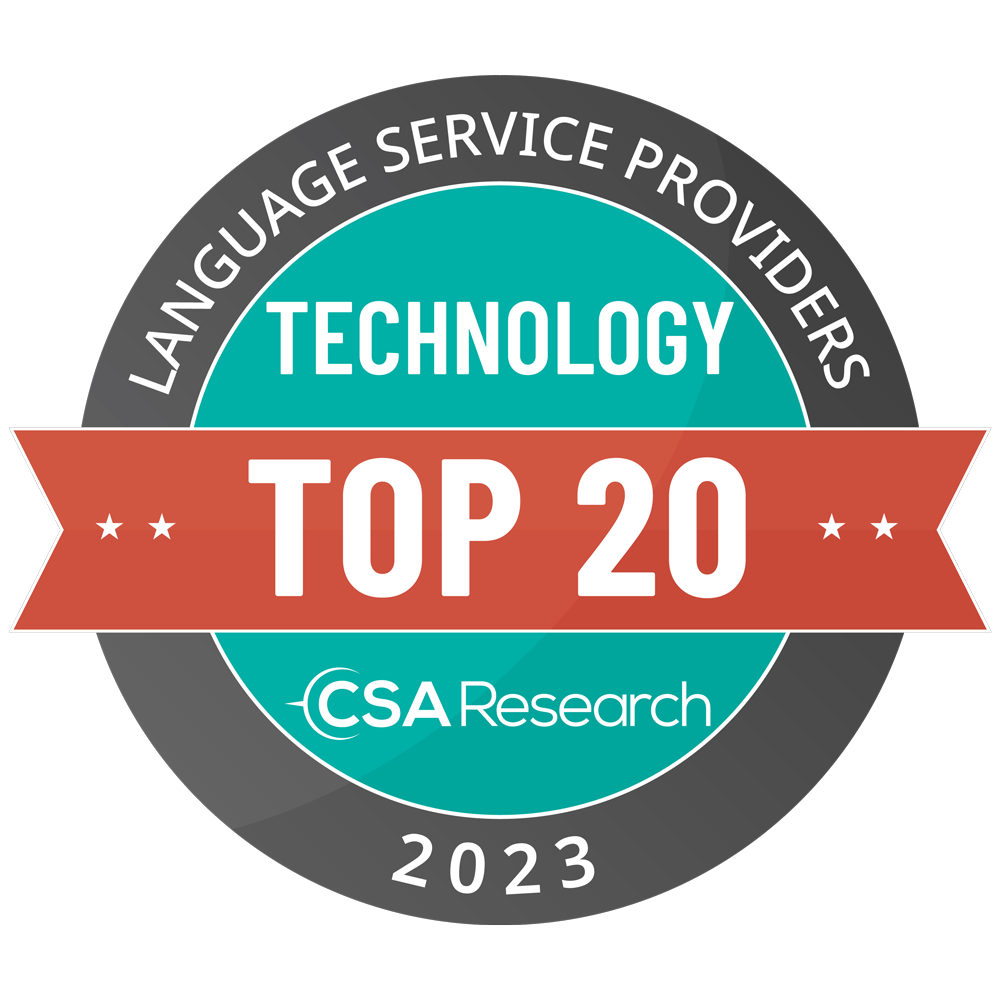
What is ChatGPT?
ChatGPT started as a technological project known only to a few geeks, but it quickly became hugely popular just a few weeks after its release. By now, we all know that ChatGPT can entertain us with interesting conversations, help us in our daily digital chores, and even translate from one language to another. However, can ChatGPT be used professionally to translate a text or help a translator?
Can ChatGPT do translation and localization?
According to experts, the quick answer to using ChatGPT in a professional translation and localization environment is: “It depends.” To find a more detailed answer to our question, we must consider a few basic features of ChatGPT. Technically speaking, ChatGPT is an LLM (Large Language Model) that has been trained on millions of documents about various topics. It can perform many tasks decently well, including translations. However, at the current stage of development, its translation capabilities are limited. It’s a generalist tool, not a specialized one. Therefore, we can’t expect similar results when we compare ChatGPT with some of the MT (Machine Translation) tools used by professional translators trained on specific vertical fields (e.g., legal or medical translations). Also, remember that this is the first public version of the tool. It relies on version 3.5 of a software called GPT. A newer GPT version, the 4.0, is coming soon. The expectation is for a significant increase in the quality and reliability of the results.
How does ChatGPT compare to human translation?
Before comparing ChatGPT and humans, we must be aware that these translation technologies continuously advance, making significant improvements at every new release. Currently, ChatGPT wins against humans in speed and efficiency but still needs to catch up for quality, cultural sensitivity, ability to capture linguistic nuances, and accuracy. No surprise here. A general tool will never be able to properly handle the complexity of a legal translation, at least for now.
How does ChatGPT compare to NMT?
The results are similar when comparing ChatGPT to the most popular NMT (Neural Machine Translation) tools currently used in the translation and localization industry. ChatGPT doesn’t yet have the specific knowledge required to address the nuances and specificity of a text for vertical industries but can provide speedy results at a fraction of the cost. However, even the most enthusiastic translators are seriously concerned about the limited data protection and non-existent privacy that come with the current implementation of ChatGPT. OpenAI, the company developing ChatGPT, will address all these limitations in future versions, but for many professionals, these are show-stoppers.
Can we use ChatGPT for translation and localization?
The core question we are trying to answer is, “Can we start using ChatGPT?” The answer is “Yes, sometimes.” For example, we can use ChatGPT to translate simple texts with flexible privacy and security constraints, and the content doesn’t go too vertical on a specific topic. Because of the limited reliability of ChatGPT, it is crucial to plan for a Machine Translation Post Editing. One way to approach ChatGPT is to think of it as an inexperienced assistant with only surface knowledge about a particular domain but who can quickly and cheaply do a lot of work for us. We should always have a professional translator to double-check this assistant’s results, tune them, correct them, and, when required, expand on them.
Will translators lose their jobs?
Translators can keep their jobs for the foreseeable future, but they must learn how to leverage the help and speed of tools like ChatGPT. Therefore, we should look at these tools’ potential rather than focusing on their current limitations.
How can MediaLocate help you?
While ChatGPT is an intriguing and powerful technology, it is not yet ready for prime time. However, if your project requires a professional translation or localization and your deliverable must be perfectly accurate and high-quality, we can help you. At MediaLocate, we assist companies in setting up their content management systems and processes to handle multiple languages, versioning, automated translation handoffs, reviews, updates, and publishing.











